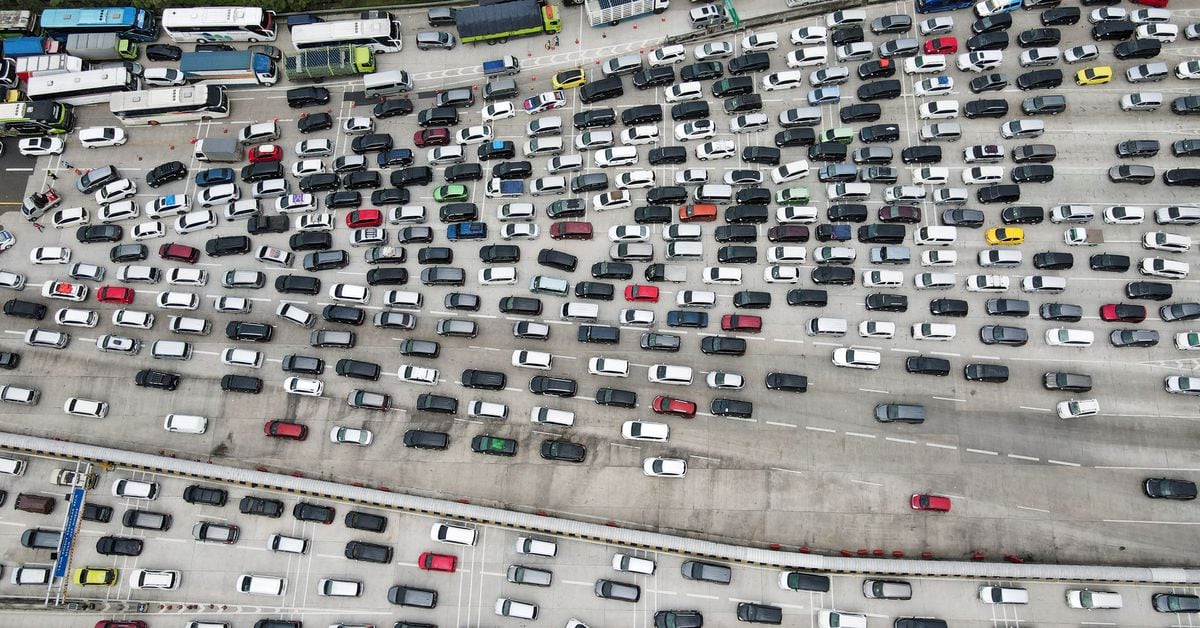Soeharto regime is good for Indonesia during his first 15 years term. After that his administration still show good performance but corruption behavior is going up as well. Economic team starts making bad policy and support conglomerates too much. This become the basis of Indonesia economic disaster in 1997-1998. In the policy perspective for example, the relaxation of regulation in term of minimum capital requirement to make bank in Indonesia is one of them, the other is related to economic policy that is not prudent like allowing budget deficit to be quite high in order to push growth.
Many reform has been made after 1998. And dont forget that China starts joining WTO in 2001, the global economy gets huge competitor from China since then. US starts having huge trade deficit, Japan and Thailand are slowing
Indonesia economic growth under democracy is not too bad, around 5 %. Economic policy become prudent like policy to put budget deficit lower than 3 %. State Owned Enterprises are reformed and gradually improve their sophistication in combating corruption within their entity. Our SOE becomes more professional. This is crucial since our banking system is dominated by SOE and banking system is very important in market system economy.
Current NPL (Non Performing Loan) in our banking system is very low that is also due to several new law imposed after we embrace democracy like the limitation of each private banks to finance the business of their owner.
Life is much better than during Soeharto regime. We can see by the car sales every years and it also shows the economy is spread and more balanced then during Soeharto regime.
View attachment 905431
Huge traffic jams as Indonesia's Eid al-Fitr holiday exodus starts
View attachment 905433
JAKARTA, April 29 (Reuters) - Tens of millions of Indonesian Muslims are expected to travel back to their hometowns to celebrate Eid al-Fitr in coming days, with traffic jams of up to 10 km (6 miles) already starting to form on some routes out of the capital Jakarta.
The decision to once again allow mass travel home, known locally as "mudik", comes after authorities banned the tradition in the past two years to contain the spread of the coronavirus in the Southeast Asian nation of 270 million people.
Tens of millions of Indonesian Muslims are expected to travel back to their hometowns to celebrate Eid al-Fitr in coming days, with traffic jams of up to 10 km (6 miles) already starting to form on some routes out of the capital Jakarta.

www.reuters.com







